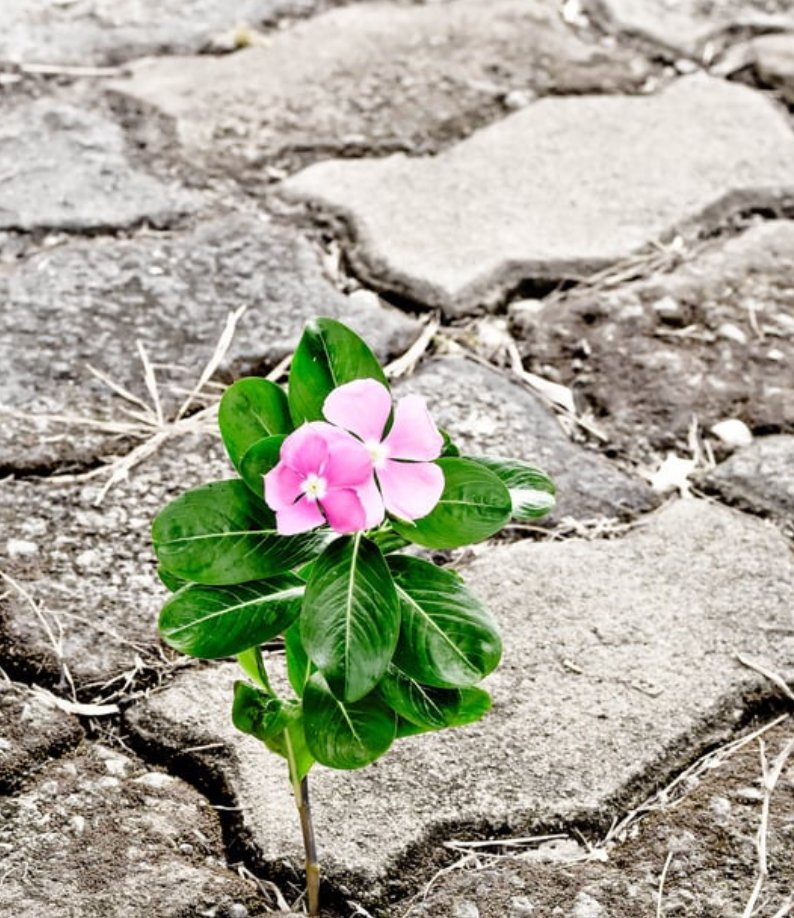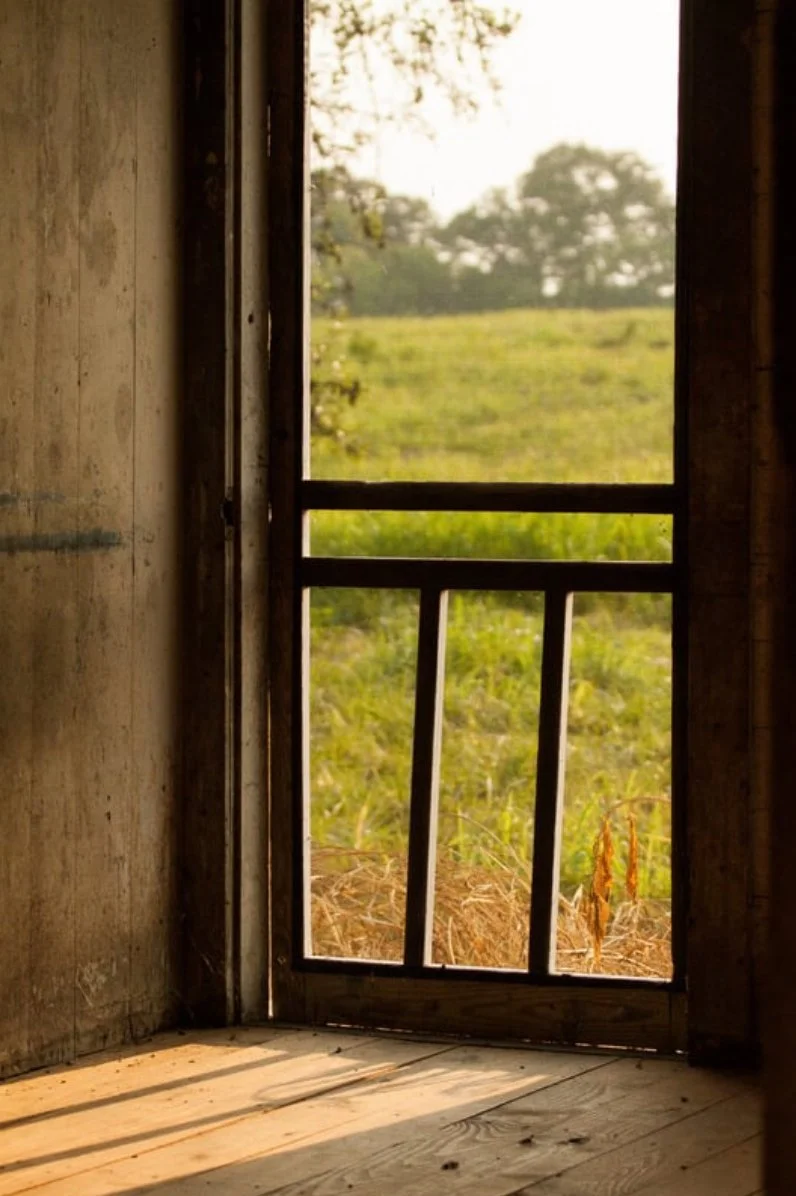Brave Boundaries: Honoring Your Limits When Hard Decisions Break Your Heart
When Your Heart and Boundaries Collide
We've all been there. That moment when you know what you need to do, but every fiber of your being resists it. Your throat tightens, your chest aches, and your mind races with "what ifs." Setting boundaries can be hard enough when the stakes are low, but what about when honoring your limits means potentially hurting someone you care about—or walking away from something that once meant everything?
Those boundaries are the bravest ones of all.
The hardest boundaries to set are usually the ones we need most. They're the ones that protect our core values, essential needs, and fundamental wellbeing. They're also the ones that can break our hearts to enforce.
Why Boundaries Matter More Than We Think
Boundaries aren't just lines we draw between ourselves and others—they're the framework that allows us to maintain our identity, integrity, and energy. Without them, we slowly disappear.
Think of boundaries like the walls of your home. Some boundaries are like screen doors—they let in the breeze but keep out the bugs. Others are like reinforced security doors—they protect you from genuine threats. Both serve vital purposes.
Research consistently shows that people with healthy boundaries experience:
Lower rates of burnout and compassion fatigue
Stronger sense of identity and purpose
Higher quality relationships
Better mental health outcomes
Increased resilience during challenging times
As I often tell my coaching clients, boundaries aren't about building walls—they're about creating gateways that you control.
The Anatomy of a Heartbreaking Boundary
Not all boundaries feel equally difficult to enforce. The ones that tear us apart typically share certain characteristics:
1. They involve people we deeply care about
The closer someone is to our heart, the harder it is to set limits. Whether it's a partner who repeatedly crosses lines, a family member with unhealthy behaviors, or a friendship that's become toxic, the love we feel makes the boundary exponentially more painful to enforce.
2. They challenge our identity or role
Some of the hardest boundaries involve stepping away from roles we've built our identity around—leaving a career that's crushing your spirit, stepping back from a community that no longer aligns with your values, or saying no to responsibilities you've always taken on.
3. They force us to confront fear
Behind many boundary struggles lies fear—fear of abandonment, conflict, judgment, or failure. When setting a boundary triggers our deepest fears, our resistance multiplies.
4. They involve significant loss
Sometimes, the right boundary means accepting real loss—of relationships, opportunities, security, or dreams we've held dear. The grief that accompanies these boundaries can be overwhelming.
One client shared with me recently: "I knew I needed to leave my toxic workplace, but it felt like I was amputating a part of myself. I'd built everything around my career identity. Walking away felt like both the most necessary and most devastating decision of my life."
When Not Setting Boundaries Becomes the Greater Heartbreak
Here's the painful truth: avoiding necessary boundaries doesn't actually protect your heart. It just prolongs and deepens the damage.
Consider what happens when we consistently ignore our boundaries:
Our essential self slowly erodes
Resentment builds and poisons relationships
Physical symptoms emerge as our body tries to alert us
Anxiety and depression take root
We lose touch with our values and purpose
We model unhealthy patterns for others
As I explored in a previous post about burnout, continuing to function in boundary-less environments creates damages that can take years to heal.
The real heartbreak isn't in setting the boundary—it's in what happens when we repeatedly fail to honor our limits.
Finding the Courage to Set Brave Boundaries
So how do we find the strength to set boundaries that feel impossible? How do we honor our limits when doing so feels like tearing our own heart out?
1. Get radically honest about the cost of the status quo
Before setting any difficult boundary, take a brutally honest inventory of what maintaining the current situation is costing you. Document the emotional, physical, relational, and spiritual impact. Getting clear on these costs can strengthen your resolve.
2. Reconnect with your values
Boundaries aren't arbitrary—they protect what matters most. Ask yourself: "What core values am I honoring by setting this boundary?" When you connect a boundary to your deepest values, you tap into a wellspring of courage.
As I discussed in my article on unconsciously prioritizing urgency over importance, we often sacrifice what truly matters for what merely seems pressing. Your boundaries protect your deeper priorities.
3. Start with internal boundaries
Sometimes we need to begin with the boundaries we set within ourselves—changing our internal dialogue, shifting our beliefs about what we "should" tolerate, and addressing the guilt that arises when we prioritize our wellbeing.
4. Assemble your support system
No one should have to navigate heartbreaking boundaries alone. Identify the people who can hold space for your pain without pushing you back into harmful situations. This might include friends, family, a therapist, or a coach who specializes in boundaries and transition.
5. Plan for the aftermath
When we set difficult boundaries, we need to prepare for both the practical and emotional fallout. Create a concrete plan for how you'll care for yourself afterward, including specific self-care practices, support resources, and strategies for managing difficult emotions.
One client created what she called her "Brave Boundary Emergency Kit"—a box containing comfort items, journal prompts, contact information for her support system, and reminders of why her boundary matters.
The Reality of Boundary Grief
When we set boundaries that break our hearts, we must make space for grief. This grief is valid and necessary—it honors the hopes, attachments, and dreams we're letting go of.
Boundary grief might include:
Mourning the relationship you wished you could have had
Grieving the version of yourself that tried to make the impossible work
Processing the loss of a future you had imagined
Acknowledging the pain of having to choose your wellbeing over someone or something you love
As I shared in my post about feeling guilty for resting, we often struggle most with boundaries that require us to prioritize ourselves. This struggle deserves compassion, not judgment.
The Unexpected Gifts of Brave Boundaries
While the pain of difficult boundaries is real, so are the gifts they eventually bring. Time and again, I've witnessed clients emerge from heartbreaking boundary decisions with unexpected treasures…
1. Reclaimed authenticity
When we honor our boundaries, we step back into alignment with our true selves. The relief of no longer contorting ourselves to fit impossible situations creates space for authentic expression.
2. Renewed energy and creativity
The energy we spend maintaining unhealthy situations becomes available for growth, creativity, and joy. Many clients are shocked by how much vitality returns when they stop the energy drain of violated boundaries.
3. Deeper, healthier connections
When we set clear boundaries, we create the foundation for relationships based on mutual respect rather than codependence or obligation. This opens the door to connections of unprecedented depth and health.
4. Profound self-trust
Each time we honor a difficult boundary, we strengthen our relationship with ourselves. We prove that we can be trusted to protect what matters most, even when it's painful.
5. Expanded capacity for joy
As counterintuitive as it seems, setting boundaries that initially break our hearts creates greater capacity for joy in the long run. By clearing space for what truly nourishes us, we open ourselves to deeper fulfillment.
The Courage to Choose Yourself
Setting heartbreaking boundaries requires something precious: the courage to choose yourself, even when that choice comes with pain. It means recognizing that your wellbeing isn't optional or secondary—it's essential.
This isn't selfishness. It's self-preservation in its most profound form.
As Sasha K. Shillcutt writes in her book "Brave Boundaries," setting boundaries is fundamentally about "breaking free from societal expectations and setting new boundaries to protect your time and energy." This becomes even more crucial when those boundaries involve emotionally challenging decisions.
The bravest thing you might ever do is to stand at the edge of heartbreak and still choose to honor your boundaries—not because it's easy, but because you matter enough to protect.
Remember: The pain of setting a necessary boundary, however intense, is temporary. The cost of abandoning yourself by ignoring your essential limits can last a lifetime.
Your boundaries deserve to be honored, even when—especially when—doing so breaks your heart.
Curious to dig deeper?
If you’re ready for more, explore resources, read more stories, or connect with like-minded women, head over to jessicadelarosa.com for guidance and inspiration. Your power doesn’t come from doing it all—it comes from doing what truly matters, on your own terms.
Or sign up for the weekly newsletter!
✨ Ready to feel more energized, balanced, and in control of your time? ✨
Join my weekly newsletter and get practical tips, self-care tools, fresh ideas, and a dose of inspiration delivered straight to your inbox. Think of it as your weekly reminder to slow down, breathe, and reclaim your energy — without the overwhelm.
Sign up today and start receiving the support you deserve — because you don’t need to do this alone.
Ready to Write Your Own Story?
Ready to take the first step toward reclaiming your time and energy? Book a free one-on-one call with me, where we’ll uncover what’s draining you most and map out clear, practical next steps to start feeling like yourself again.
✨Reserve your spot today — your future self will thank you!✨




